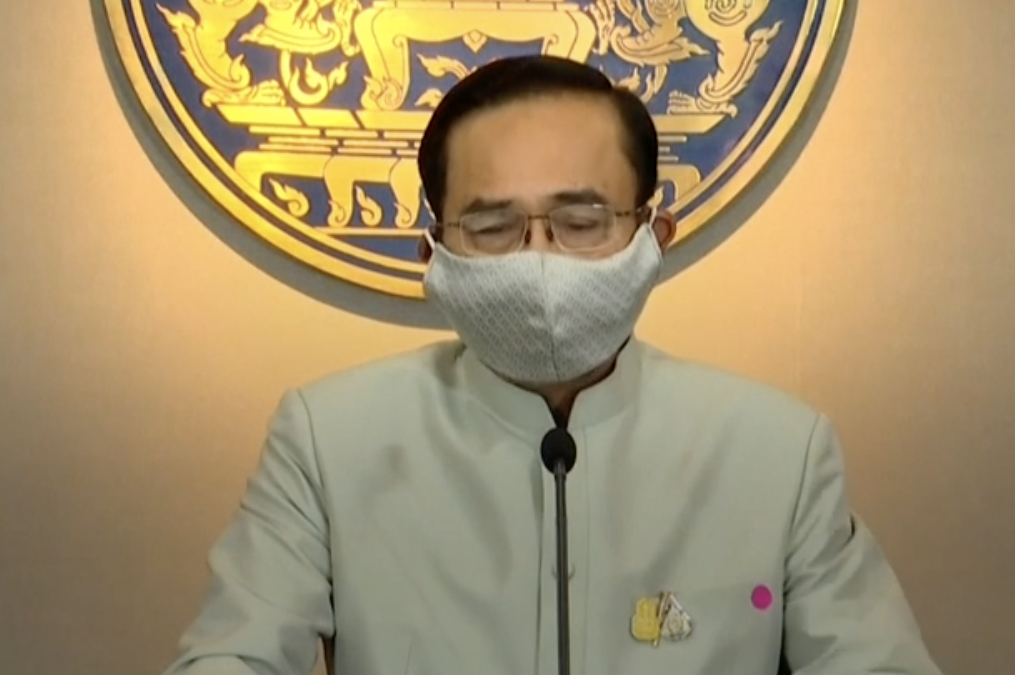
Mar 24, 2020 | News
As the Thai government moves to exercise its power under the Emergency Decree on Public Administration in Emergency Situation B.E. 2548 (2005) (“Emergency Decree”) to combat the COVID-19 outbreak, the ICJ reiterates its recommendations made since 2005 regarding lawful and proportionate exercise of this power in a manner consistent with Thailand’s obligations under international law.
The ICJ urges the Thai Government to take these recommendations into consideration when imposing any measures to address the COVID-19 outbreak:
- A state of emergency used to justify any permissible derogation from obligations under international human rights law must meet the standard that an emergency “threatens the life of the nation”, as set out in the International Covenant on Civil and Political Rights. Parliament should play an active role in providing oversight.
- Any limitations on or derogation from the exercise of internationally guaranteed rights should be limited in duration, strictly necessary, and proportionate to the specific threat posed.
- Derogating measures may only limit the scope of other rights to the extent strictly necessary to meet a threat to the life of the nation, but they may not suspend the applicability of any right in its entirety.
- This necessity must be continually re-assessed so that the derogating measures apply for the shortest time possible. Certain human rights, including the right to life, the right to life, the freedom from torture or ill-treatment, the essential elements of arbitrary deprivation of liberty and to a fair trial and the right to an effective remedy can never be restricted even in a state of emergency.
- It should be clearly stated which officials have responsibility for implementing the provisions of the emergency law and what their powers and responsibilities are.
- All officials responsible for implementing the law should be explicitly stated to be under the authority of the ordinary law of Thailand, with no immunity for any criminal acts carried out in the exercise of their responsibilities.
- The decisions and actions of officials exercising powers under the emergency law should be subject to review by the courts.
Download the statement in Thai here.
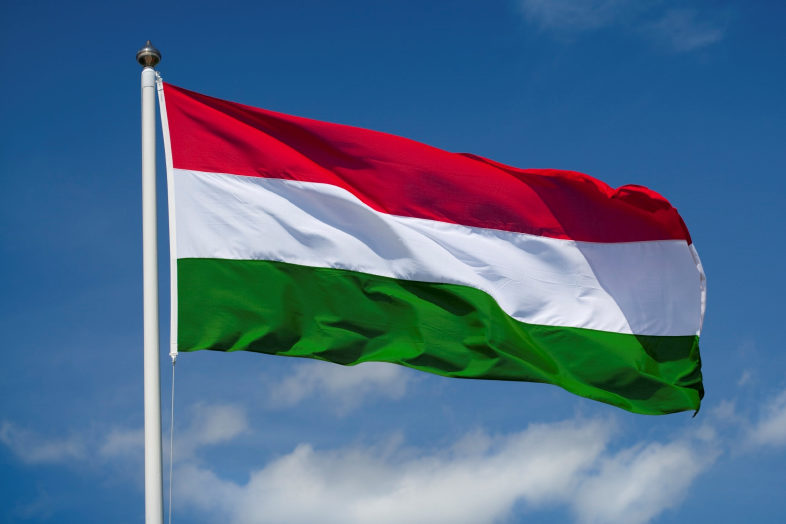
Mar 23, 2020 | News
The ICJ called today on the Parliament of Hungary not to approve a Government bill that would extend indefinitely the emergency powers of the executive to counter the Covid-19 pandemic.
The proposed legislation would enable executive rule by decree, without parliamentary approval, and would impose harsh restrictions on freedom of expression.
“States of emergency, whatever the reason to invoke them, must never be allowed to become permanent,” said Róisín Pillay, Director of the ICJ Europe and Central Asia Programme.
“Emergency measures that restrict human rights must be constantly reassessed to ensure that they remain necessary and proportionate. And even where measures are temporarily necessary, they should be subject to a “sunset clause” that ensure that it can be reviewed and will lapse if no longer justified ”.
The Hungarian emergency legislation includes offences of publishing false or distorted facts that interfere with protection of the public or cause public alarm – offences which have the potential to significantly and unduly restrict freedom of expression.
International human rights law requires that any interference with freedom of expression must be in sufficiently clear terms to be adequately prescribed by law and must be necessary and proportionate to the legitimate aim that it serves.
“This legislation is particularly worrying in a context where the Hungarian government has systematically undermined the rule of law and protection of human rights, including freedom of the media and civil society, and the independence of the judiciary in recent years,” Róisín Pillay added.
“The emergency powers are therefore particularly open to arbitrary or abusive application, without effective scrutiny by parliament or an independent judiciary.”
Background
The Bill on Protection against the Coronavirus (Bill T/9790) in the form of tabled by the Government will extend the state of danger that it had ordered by government decree from 11 March 2020.
The ICJ understands that the Bill will allow the government to rule by decree without Parliamentary scrutiny. The legislation would make it a criminal offence, punishable by imprisonment, to publish false or distorted facts that interfere with protection of the public or that alarm or agitate the public, or to interfere with a quarantine or isolation order.
Under international treaties to which Hungary is a party, including the European Convention on Human Rights and the International Covenant on Civil and Political Rights, States may take emergency measures to derogate from their international human rights law obligations in times of crisis, only the extent strictly necessary to protect the life of the nation. Derogating measures may only limit the scope of certain rights to the extent strictly necessary to meet a threat to the life of the nation, but they do not entirely suspend the applicability of any right in its entirety.
This necessity must be continually re-assessed so that the derogating measures apply for the shortest time possible. Certain human rights, including the right to life, the prohibition of torture or ill-treatment, and the essential elements of arbitrary deprivation of liberty and to a fair trial and the right to an effective remedy can never be restricted even in a state of emergency.
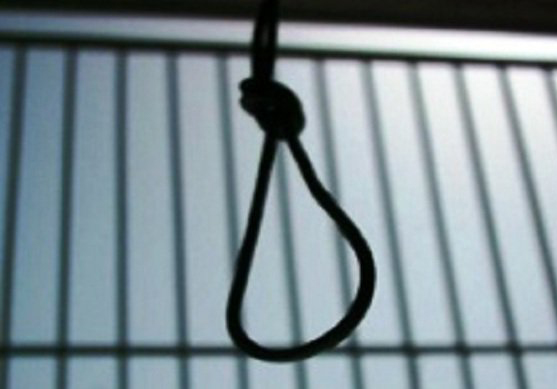
Mar 20, 2020 | News
The ICJ condemned the execution today of four men who were convicted of raping and murdering a 23-year-old student in December 2012.
The ICJ denounced the executions, and urged the Indian Government to abolish the death penalty. It called on the Government to introduce systemic changes to the legal system that would deter violence and improve access to justice for women.
“State-sanctioned executions are little more than public theatre that risk celebrating and perpetuating violence at the expense of the rule of law,” said Frederick Rawski, ICJ Asia-Pacific Director. “As heinous as these crimes were, the imposition of the death penalty – the deterrent effect of which has been widely debunked – does nothing to improve the lives of women.”
According to senior lawyer Vrinda Grover, a renowned Indian human rights defender, “In 2013, the criminal laws were amended; however seven years later the graph of rapes has not diminished.”
Instead of compelling the state to invest in plugging the gaps in the investigation, prosecution and adjudication of sexual crimes and formulating victim oriented processes, the clamour for execution of the convicts has hijacked the discourse. Seven years later, the power of the state to extinguish life stands entrenched, while women and girls in India continue to struggle to live a life of freedom, safety and dignity, as equal persons, ” said Vrinda Grover.
The UN Human Rights Committee has stated that “[t]he death penalty cannot be reconciled with full respect for the right to life, and abolition of the death penalty is both desirable and necessary for the enhancement of human dignity and progressive development of human rights.”
The ICJ opposes capital punishment in all cases without exception as a violation of right to life and to freedom from cruel, inhuman or degrading punishment.
The ICJ called upon the Indian Government to join the large majority of States and take immediate steps to end the practice of capital punishment, as prescribed by repeated United Nations General Assembly Resolutions.
To download the full statement with background information, click here.
Contact
Maitreyi Gupta, ICJ India Legal Adviser, t: +91 77 560 28369 e: maitreyi.gupta(a)icj.org
Frederick Rawski, ICJ Asia-Pacific Director, t: +66 64 478 1121; e: frederick.rawski(a)icj.org
Read Also
ICJ, Press Release, September 2013 – India: Executing perpetrators of Delhi Gang Rape Case ‘counterproductive to preventing sexual violence’
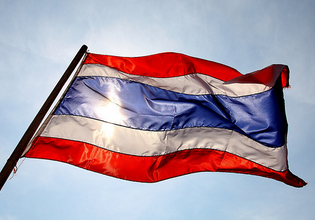
Mar 20, 2020 | News
Today, the ICJ submitted recommendations on strengthening Thailand’s Anti-Strategic Litigation against Public Participation (SLAPP) law to the Ministry of Justice.
The Ministry of Justice is tasked to conduct a “study on the guidelines for development of laws, regulations or measures to prevent SLAPP,” in accordance with Thailand’s First National Action Plan on Business and Human Rights (2019 – 2022) (NAP).
Articles 161/1 and 165/2, which are intended to implement the NAP, entered into force on 20 February 2019 and 21 March 2019. They were introduced to end SLAPP lawsuits or similar forms of harassment through the legal process against any individuals, including human rights defenders. NAP also refers to the power of a public prosecutor under Article 21 of the Public Prosecution Organ and Public Prosecutors Act as another measure to prevent SLAPP lawsuits.
The use of SLAPPs and similar procedures frequently undermine human rights, including freedoms of expression, association and assembly and the right to political participation. These are protected under Thailand’s Constitution and international human rights obligations.
In the letter, the ICJ expressed its concern that these laws were inadequate to prevent harassment through the legal process and SLAPP. The ICJ therefore called for the adoption of a comprehensive stand-alone law, or the amendment of the Civil Procedure Code and the Criminal Procedure Code, to protect human rights defenders and others from harassment through the legal process.
Background
In an effort to give effect to the UN Guiding Principles on Business and Human Rights (UNGPs), on 29 October 2019, Thailand’s Cabinet approved and adopted the First National Action Plan on Business and Human Rights, making Thailand the first country in Asia to adopt the stand-alone NAP.
The NAP sets out plans to be followed by public and private stakeholders to ensure that businesses – from small and medium-sized enterprises to multinational corporations – respect human rights, and that the government fulfils its duty to ensure remedy and reparation in cases of business-related human rights violations.
The Thai government has identified in the NAP its four key priority issues: (1) labour; (2) land, environment and natural resources; (3) human rights defenders; and (4) cross border investment and multi-national enterprises.
NAP has set out several action points aimed at protecting human rights defenders, including:
- to study the guidelines for development of laws, regulations or measures to prevent SLAPP;
- to push for the review, amendment and repeal of relevant laws, mechanisms and protocols to facilitate protection of human rights defenders, for example with respect to witness protection laws;
- to determine or review policies, protocols, procedures and mechanisms to protect human rights defenders, including women human rights defenders, and ensure their safe conditions of work, and to provide trainings for law enforcement agencies to ensure in practice these protection measures;
- to provide trainings for law enforcement officers to widen their knowledge and understanding in enforcing laws on the protection of human rights, for example with respect to the organization of assemblies, and free expression pertaining to human rights, and preventing dishonest lawsuits that attack human rights defenders;
- to provide trainings and enhance capacity of lawyers;
- to urge businesses to ensure that human rights defenders will not be sued merely calling for rights of individuals to be protected;
- to promote the use of reconciliation mechanisms at all levels of the justice system; and
- to increase access to justice of human rights defenders.
However, NAP’s effectiveness is yet to be assessed because it does not have the status of a law, and is merely a resolution by the executive branch of the Thai government. The NAP was adopted in the form of a Cabinet Resolution, which is considered a “by-law” in accordance with section 3 of the Act on Establishment of Administrative Courts and Administrative Court Procedure B.E. 2542 (1999).
Download the letter to the Ministry of Justice in English and Thai.
Further reading
Thailand: ICJ and HRLA express concern about inadequate protections for human rights defenders in draft National Action Plan on Business and Human Rights
Thailand’s First National Action Plan on Business and Human Rights (2019 – 2022)
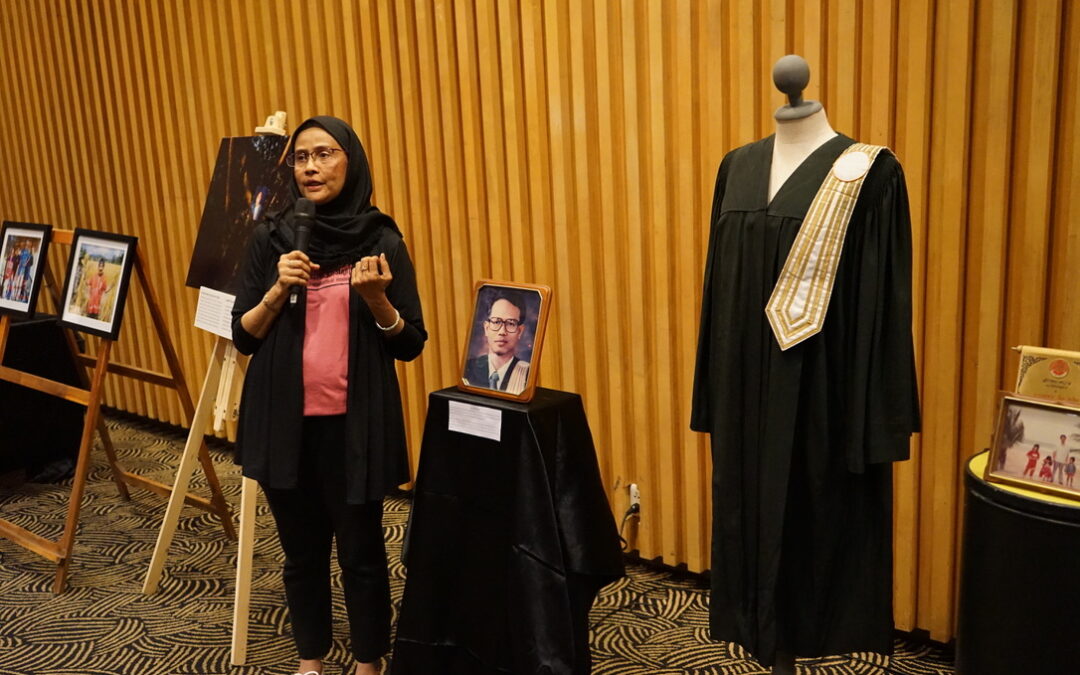
Mar 12, 2020 | News
On 11 March 2020, the ICJ co-hosted a panel discussion and an exhibition entitled “Committed to Memory: The Disappeared and Those They Left Behind.”
The event was held to mark the 16th anniversary of the enforced disappearance of a prominent lawyer and human rights defender Somchai Neelapaijit and other individuals who were subject to apparent enforced disappearance and whose fates remain unknown.
The event was held at Bangkok Art and Cultural Centre (BACC). More than 100 participants attended the event.
Opening remarks were delivered by Jenni Lundmark, Programme Officer, Delegation of the European Union to Thailand, and Associate Professor Dr. Gothom Arya, Adviser of the Institute of Human Rights and Peace Studies at Mahidol University.
Jenni Lundmark highlighted the European Union’s commitment to address torture and enforced disappearance and urged the Thai Parliament to pass pending anti-torture and enforced disappearance legislation without undue delay. Associate Professor Dr. Gothom called on the public to preserve the memory of the Thai persons who were victims enforced disappeared as well as many others whose disappearance were not recorded. He also encouraged the establishment of a network of victims of enforced disappearances to strengthen their advocates’ ability.
The event also featured photos and personal belongings of victims or potential victims of enforced disappearance, including: Somchai Neelapaijit, Thanong Po-Arn, Porlajee “Billy” Rakchongcharoen, Kamol Laosophaphan, Jahwa Jalo, Surachai Danwattananusorn, Siam Theerawut and Den Khamlae. For some of these cases, there has been a failure of authorities to conduct a prompt, effective, impartial and independent investigation into their cases. During the event, family members of the victims described stories from photos and personal belongings of the “disappeared” that were exhibited.
The panel discussion focused on progress of the investigations into enforced disappearances and evaluated the progress in developing legislation in Thailand to address this critical issue. The speakers included Angkhana Neelapaijit, wife of Somchai Neelapaijit; Thipwimon Sirinupong, lawyer who is representing Porlajee “Billy” Rakchongcharoen’s family; and Sanhawan Srisod, ICJ’s legal adviser.
During the discussion, speakers expressed concern at the recurrent delays in the amendment and enactment of the law against torture and enforced disappearance which will be critical for ensuring accountability and justice for victims of enforced disappearance. They also regretted that the latest Draft Act, after several rounds of revisions and public hearings, still had not addressed many of the principal shortcomings which the ICJ and other stakeholders and experts have indicated need necessarily be amended in order to bring the law into line with Thailand’s international human rights obligations.
The key concerns include the incomplete definitions of the crimes of enforced disappearance, the absence of provisions concerning the continuous nature of the crime of enforced disappearance and statute of limitations for torture and enforced disappearance crimes, and the inadequacy of provisions concerning safeguards against enforced disappearances.
Background
Somchai was stopped at a Bangkok roadside on 12 March 2004 and pulled from his car by a group of men. He has not been seen since.
At the time, Somchai was defending clients from Thailand’s restive southern provinces who were accused of attacking a military base as part of the ongoing insurgency in the region. Somchai had alleged police tortured the Muslim suspects.
Since 19 July 2005, DSI has spent more than 14 years and eight months investigating the enforced disappearance of Somchai Neelapaijit. However, there is little information in the public domain regarding its progress.
From 1980 to May 2019, the UN Working Group on Enforced or Involuntary Disappearances has recorded and transmitted 90 cases of alleged enforced disappearance to Thailand. Currently, 79 cases remain outstanding.
Further reading
Ten Years Without Truth: Somchai Neelapaijit and Enforced Disappearances in Thailand
Thailand: continuing delay in the enactment of the draft law on torture and enforced disappearance undermines access to justice and accountability
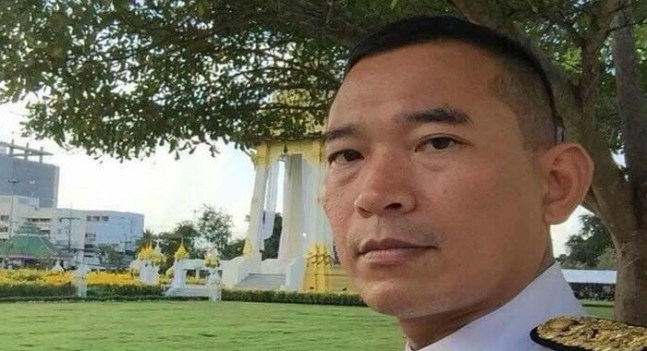
Mar 9, 2020 | News
The ICJ today expressed regret at the death of Judge Khanakorn Pianchana, who committed suicide on 7 March 2020. Judge Khanakorn was widely known after an attempted suicide in October 2019 following the delivery of a verdict which he claimed was interfered by a senior judge.
Judge Khanakorn previously served as Vice Presiding Judge of the Yala Provincial Court in Thailand’s restive southern region. He passed away on 7 March 2020 at his home in Chiang Mai province.
Background
Before the suicide, Judge Khanakorn posted a two-page letter on his Facebook page, in which he claimed that he had been subject to disciplinary proceeding and had criminal charge brought against him after he had publicized his concerns about interference by a superior judge into certain rulings. These involved five individuals detained and interrogated under special security laws in southern Thailand.
In October 2019, Judge Khanakorn claimed in a public letter that he had been ordered by a senior judge to rewrite a ruling in which he exonerated the five individuals charged with murder, for lack of evidence. Following his delivery of the verdict, he shot himself in the chest in a courtroom at Yala Provincial Court.
After his first suicide attempt, according to the Office of the Judiciary’s Press Release dated 18 November 2019, the Judicial Commission initiated an investigation against him for violations of provisions on discipline of judicial officials. He was subsequently transferred to the Court of Appeal Region 5 in Chiang Mai, at which time he was further investigated for committing criminal offences under the Firearms, Ammunition, Explosives, Fireworks and Imitation Firearms Act.
On 7 March 2020, according to the interview gave by Secretary-General of Office of the Judiciary, an initial investigation of the Judicial Commission found that there had been no improper interference, and the disciplinary actions and the criminal charges that are brought against Judge Khanakorn were based on his actions for carrying a gun into court and using the gun to attempt suicide.
Contact
Frederick Rawski, ICJ Asia-Pacific Director, t: +66 64 478 1121; e: frederick.rawski(a)icj.org
Download
To download the statement in Thai, click here.










